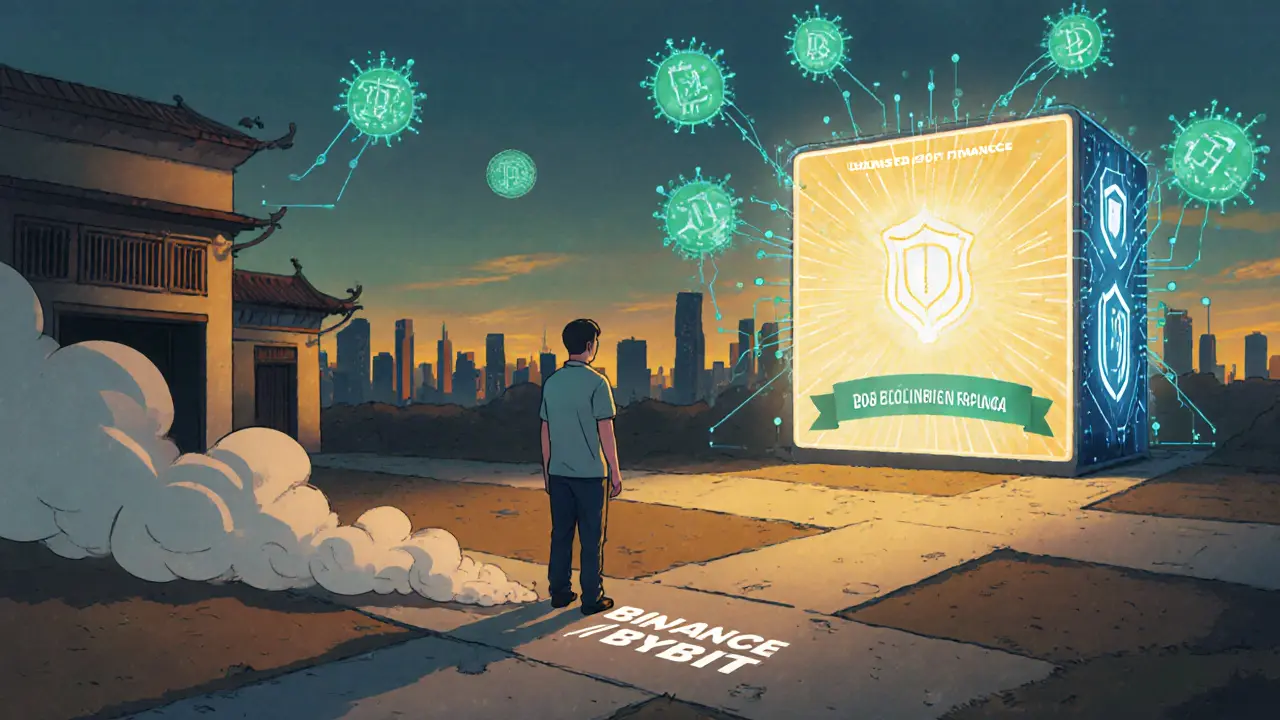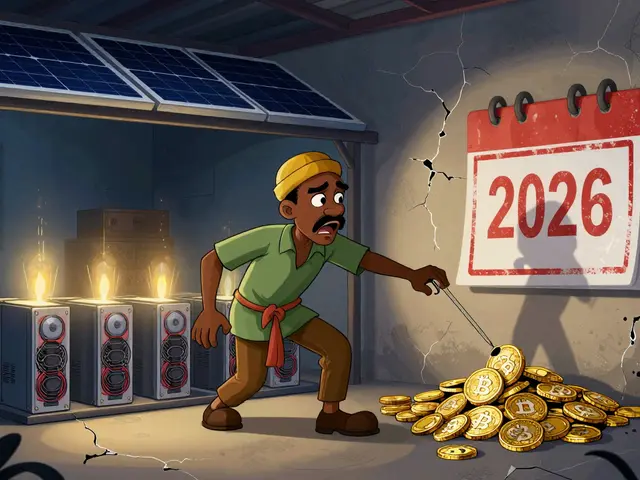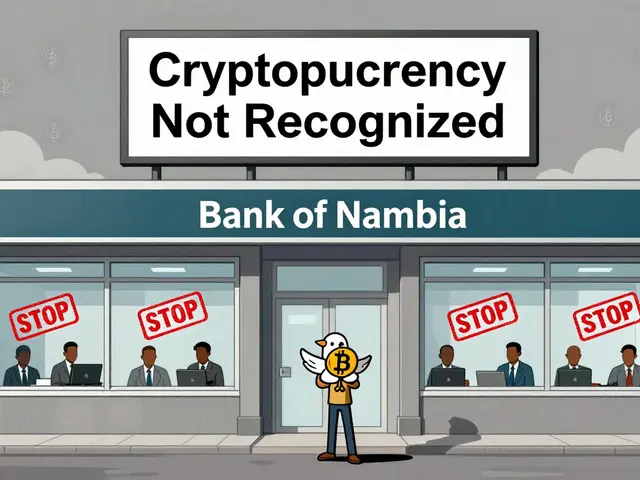Cryptocurrency in Vietnam 2025: Rules, Trends, and What’s Next
When it comes to cryptocurrency in Vietnam 2025, the evolving legal and cultural landscape around digital assets in one of Southeast Asia’s fastest-growing economies. Also known as Vietnam crypto scene, it’s not about bans or boom—it’s about quiet adaptation under tight rules. Unlike countries that outright outlaw crypto, Vietnam walks a tightrope: crypto isn’t legal tender, but it’s not illegal either. People buy, trade, and hold it daily—often through peer-to-peer platforms like Paxful or Binance P2P. The government watches closely, but enforcement is patchy. What’s clear? Vietnamese users are among the most active in Asia, according to Chainalysis, ranking in the top 5 globally for peer-to-peer trading volume in 2024.
This isn’t just about speculation. crypto adoption in Vietnam, the growing use of digital assets for remittances, small business payments, and savings outside the traditional banking system. Also known as Vietnamese crypto usage, it’s driven by young urban populations who distrust banks and see crypto as a hedge against inflation. With the Vietnamese dong losing value and interest rates low, many turn to Bitcoin or stablecoins like USDT to protect their savings. Even small shop owners in Hanoi and Ho Chi Minh City now accept crypto payments through QR codes, often converting instantly to local currency via P2P apps. Meanwhile, Vietnam crypto regulations, the government’s cautious, step-by-step approach to controlling digital asset flows without stifling innovation. Also known as Vietnam crypto laws, they’ve shifted from silence to surveillance. In 2024, the State Bank of Vietnam warned that crypto transactions aren’t protected, and in early 2025, new draft rules required exchanges operating in Vietnam to register with financial authorities—even if they’re based overseas. The goal? Cut money laundering, not crypto itself. Taxation is still murky, but the Ministry of Finance is working on a framework to treat crypto gains as capital income. That means in 2025, you might need to report trades—even if you didn’t cash out.
What you’ll find in this collection are real, practical guides on what’s working for Vietnamese crypto users right now: how to trade safely on P2P platforms, which tokens are actually used locally, how to avoid scams targeting new adopters, and what the latest regulatory signals mean for your holdings. No fluff. No predictions. Just what’s happening on the ground, in the wallets, and in the courts.
Vietnam's Pilot Crypto Program 2025-2030: What You Need to Know
Vietnam launched the world's first legal crypto pilot program in 2025, allowing regulated trading until 2030. Here's what's allowed, what's banned, and how it affects traders and investors.





